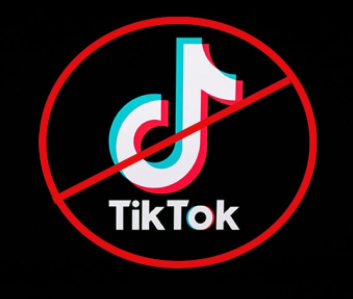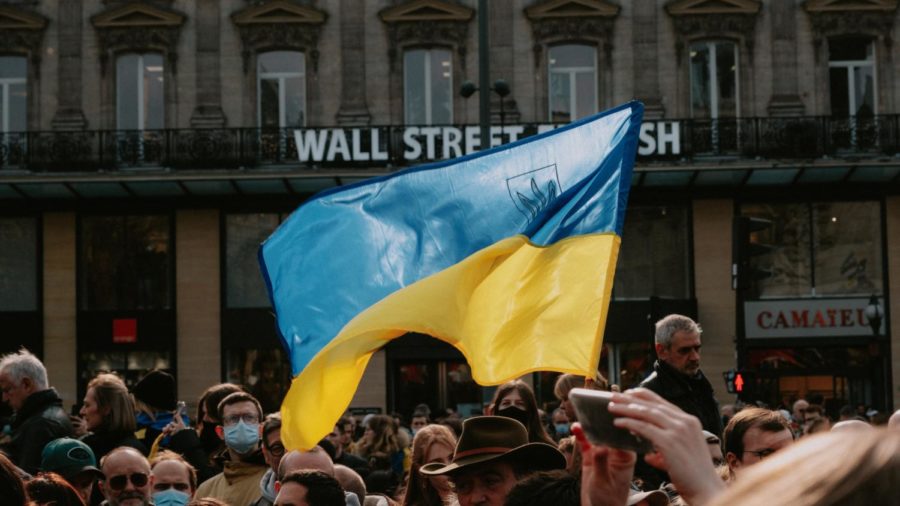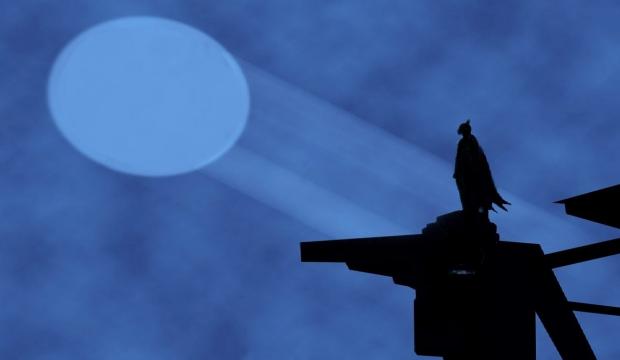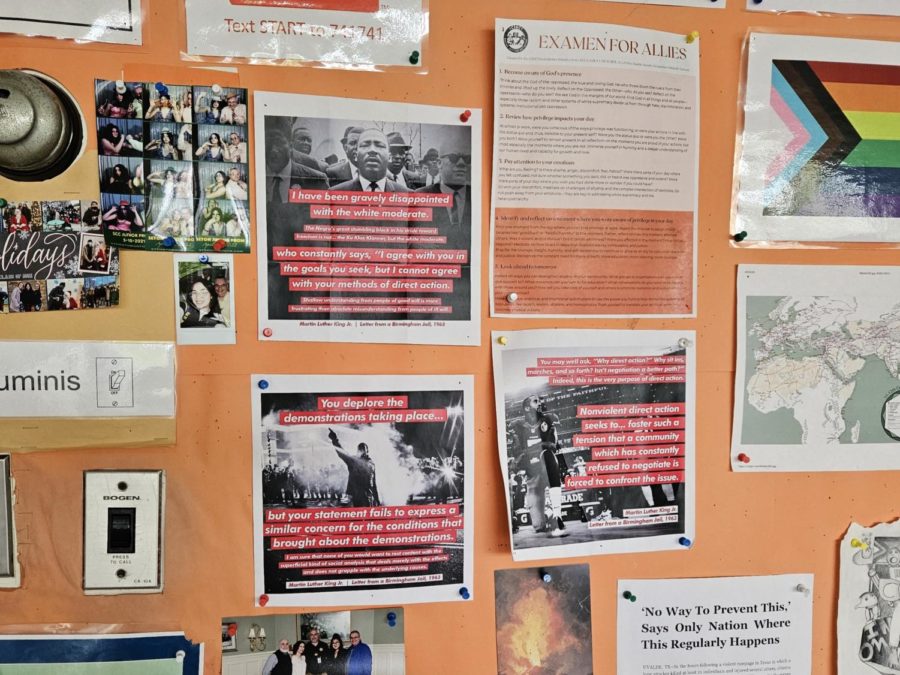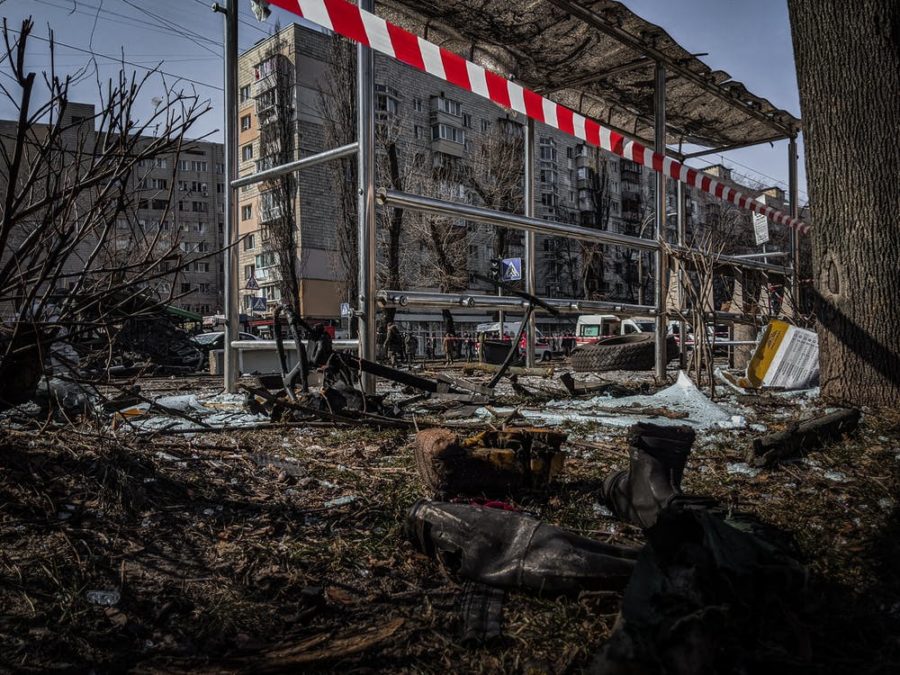Why The US Is Not Sending Troops to Ukraine
May 23, 2022
Russia has become too impulsive and besides the US’s many efforts to aid Ukraine, nuclear retaliation against the US is too much of a risk
The US is spending billions of dollars in military aid towards the Ukrainian resistance, but Russia’s threats of nuclear retaliation against anyone that intervenes with its invasion of Ukraine are preventing the US from sending troops.
Since the beginning of its invasion of Ukraine, the world has witnessed what Russia is truly capable of. Severe allegations concerning Russia’s brutality in Ukraine are rattling the public as more evidence is brought forth by Ukrainian reporters. Reports on Russia’s exploits in Ukraine show signs of rape, murder and kidnapping, and have been condemned by Biden as “atrocities and war crimes against Ukraine.” On April 21st, during one of president Bidens’s public remarks, he announced the US would provide Ukraine with $1.6 billion in defensive weapons towards continued fighting in the Donbas region, as well as $500 million in economic assistance. However, the matter of sending troops to Ukraine was not mentioned.
Even at the cost of jeopardizing the global market, the US is doing everything economically possible to limit Russian aggression with strict sanctions, to provide aid to the Ukrainian resistance, but is not planning on sending troops. Why?
The US does not have an obligation to actively intervene in Ukraine, seeing as Ukraine is not yet a member of NATO, but the US has already spent a total of 2 billion dollars towards the Ukrainian resistance; this war is going beyond political boundaries. President Biden, with all his democratic patriotism, is set on punishing Russia for their deranged invasion of Ukraine. “We will never fail in our determination to defend freedom and oppose tyranny,” he said in one of his remarks. However, many object to the US sending troops to Ukraine because of Russia’s overwhelming nuclear power. Russia has the largest nuclear arsenal in the entire world and with political tensions between Ukraine and Russia boiling over, many are anxious about Russia’s possible retaliation.
On the eve of Russia’s invasion of Ukraine, Vladimir Putin addressed the public with an intimidating statement officially announcing the invasion of Ukraine. Putin delivered a long monologue narrating Russia’s “historical” right over Ukraine, the US’s arrogance, and “anti-Russian” conspiracies, but perhaps the most shocking statement of all was his chilling warning to anyone “tempted to interfere”: “the consequences will be such as you have never seen in your entire history,” he said.
Putin’s words became even more of a possibility when Russia started boasting of its “retaliatory measures” by testing new missiles and warning to blow up anyone within an inch of its borders. But analysts guarantee this is just Putin’s attempt to hide from his military failings in Ukraine, seeing as Ukraine has recovered territory in its northern region. However, Russia continues to devastate Ukrainian cities and has shown itself to be a serious threat, besides Putin’s egotistical theatrics. Russia’s military is using “small,” but deadly weaponry including, cluster bombs and ballistic missiles, but the slightest escalation may turn Ukraine into a nuclear war zone.
Ukraine’s president, Volodymyr Zelensky, is persistently demanding aid, but he is not asking for troops. Instead, he is focused on condemning Russia, especially Putin, of war crimes. At the UN council on April 5th, President Zelensky addressed the council in efforts to convey Ukraine’s dire situation and to make Russia’s atrocities known. Zelensky has strengthened his military defenses against a formidable foe and has carried his country forward through self-reliance, but this war is a ticking time bomb. US troops have not walked on Ukrainian soil, but the entire world is already knee-deep in this conflict.

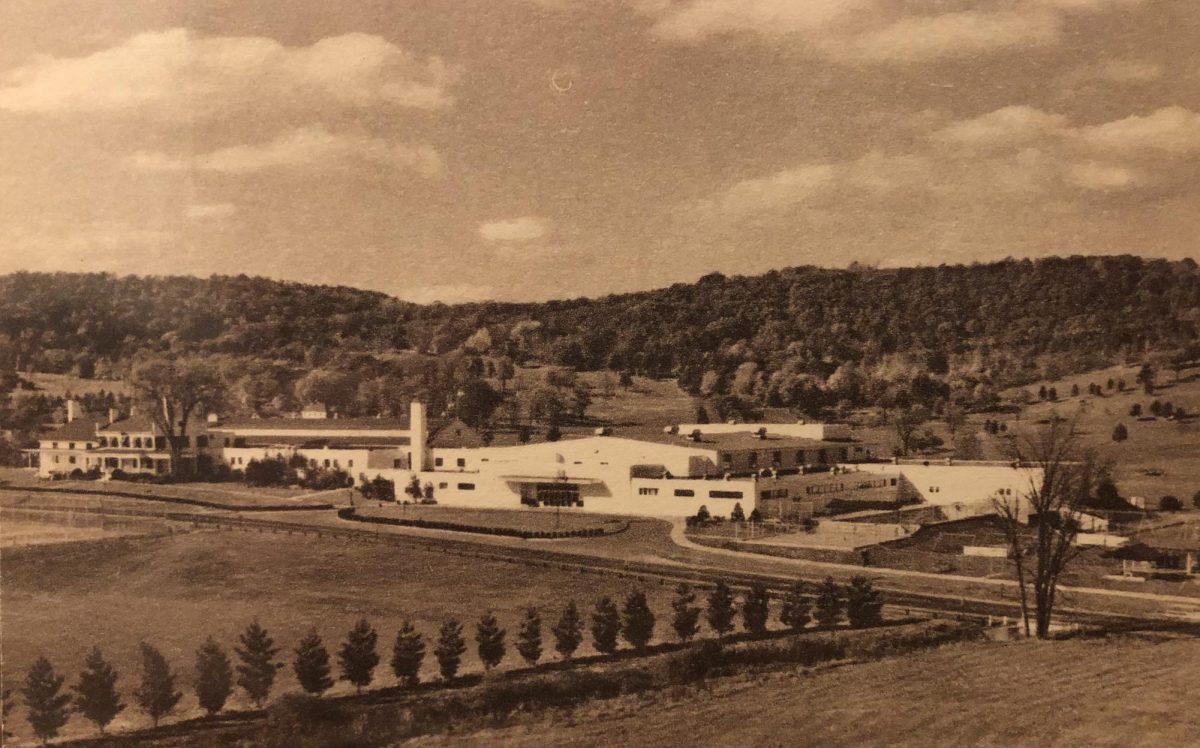

![College of Community and Public Affairs graduates cheering during the CCPA Commencement Ceremony. [Via Daily Photos at binghamton.edu]](https://sccvoice.org/wp-content/uploads/2023/05/Screenshot-2023-05-16-10.50.55-PM.png)


